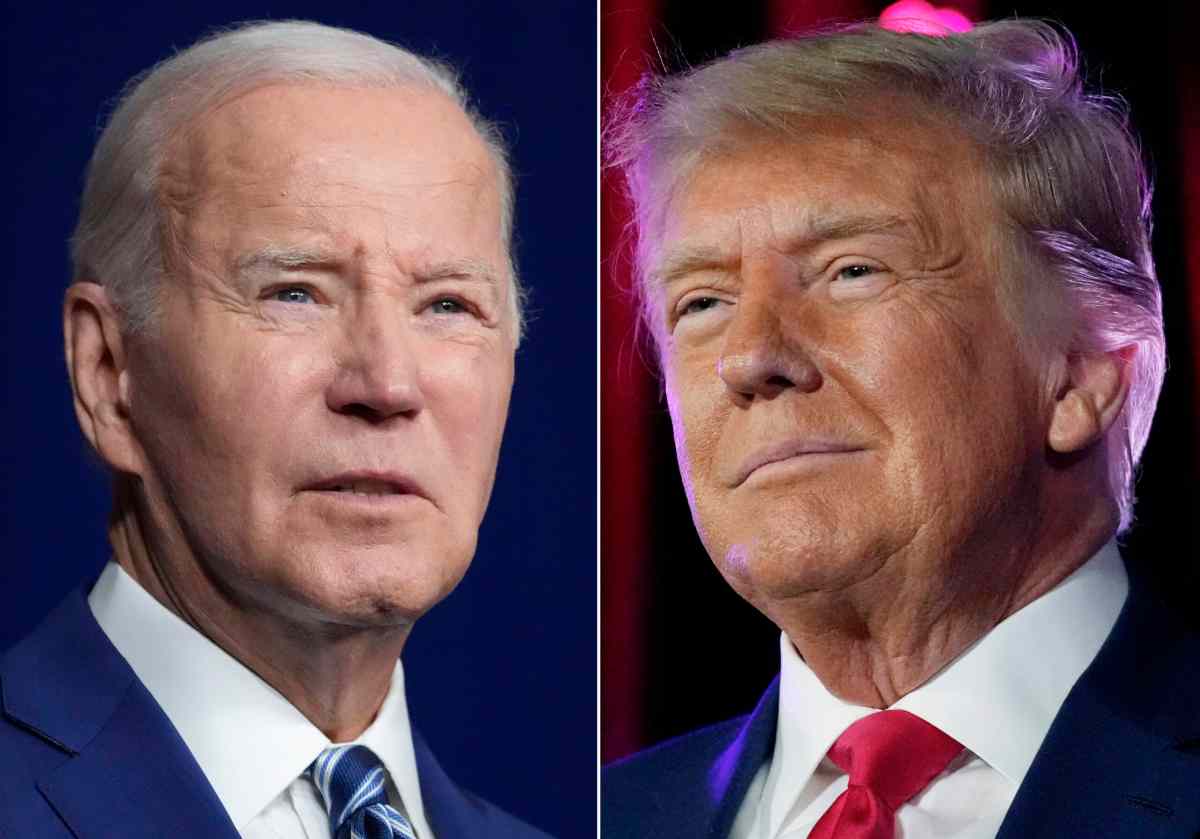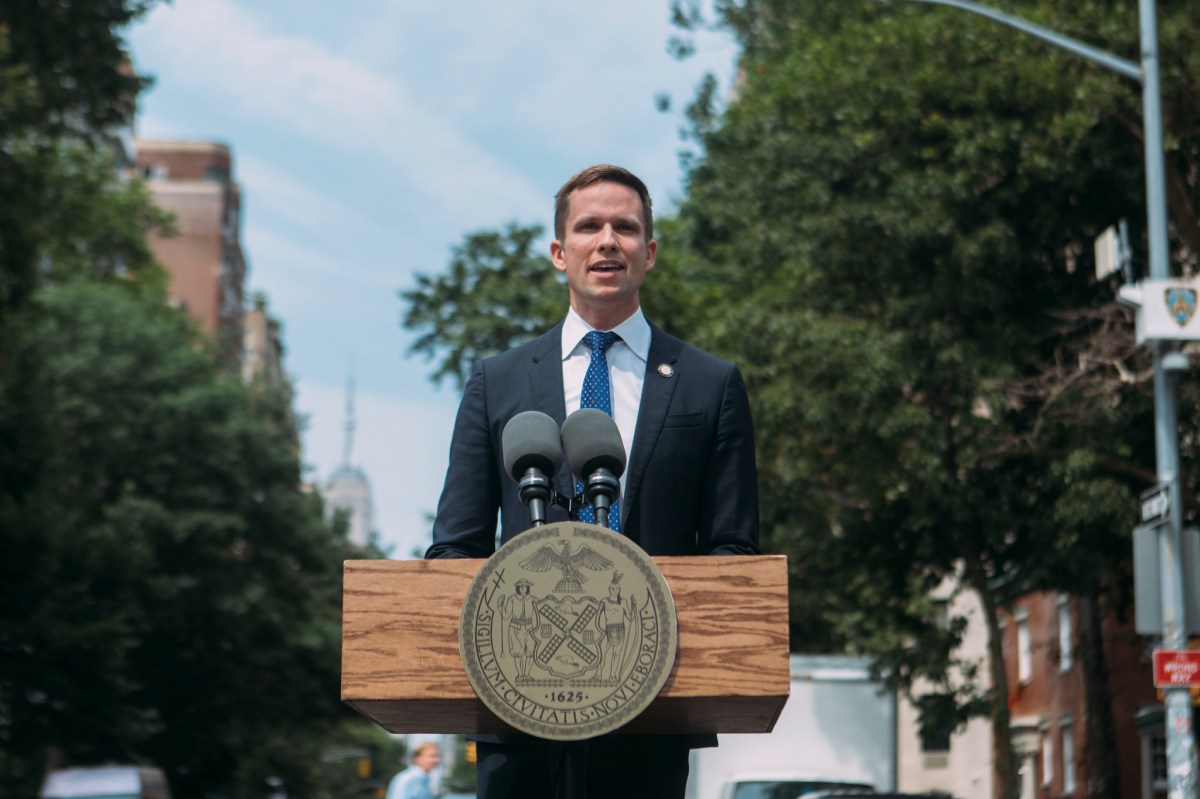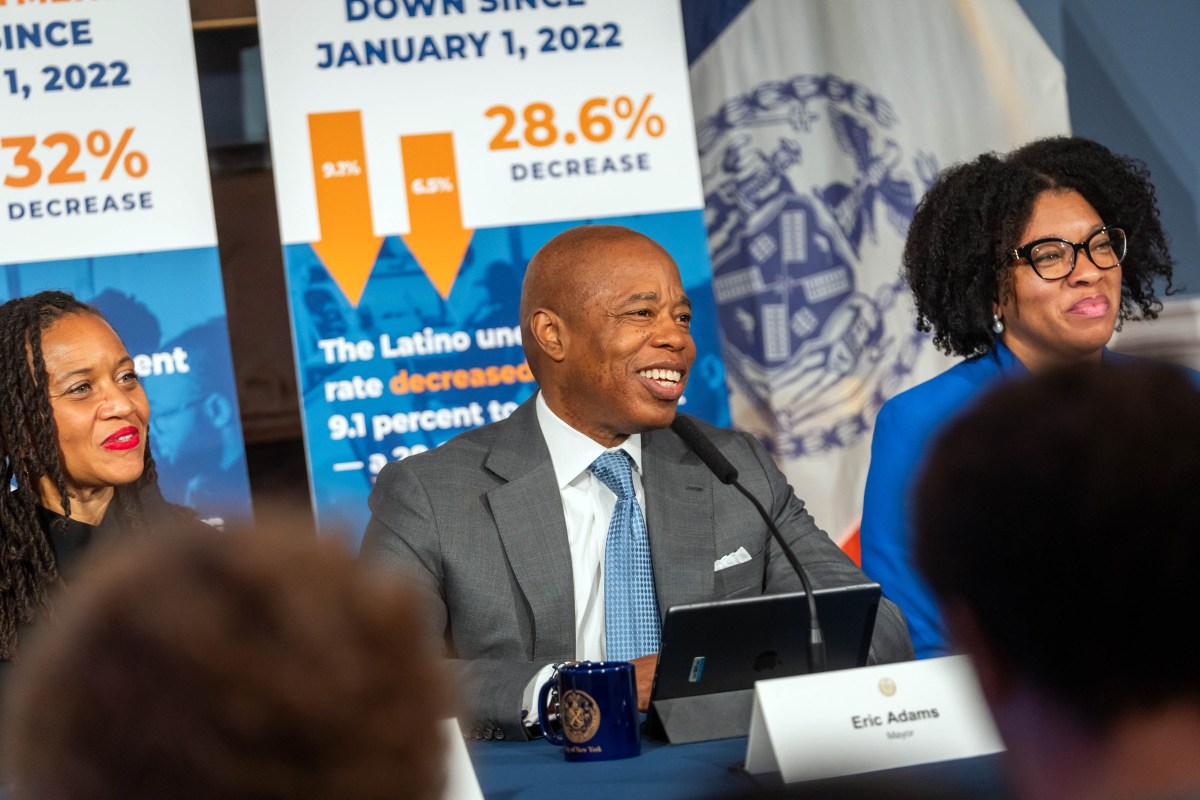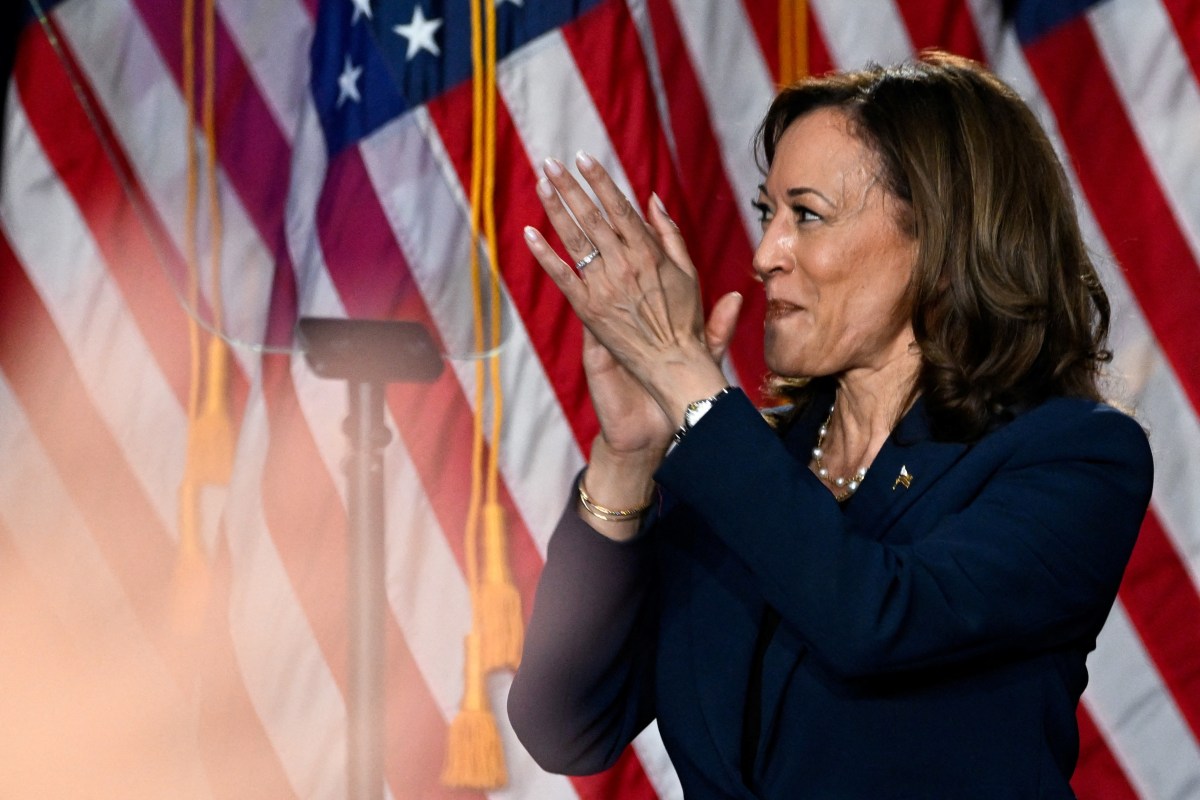WASHINGTON (AP) — Former President Donald Trump will spend Saturday’s third anniversary of the Capitol riot by holding two campaign rallies in leadoff-voting Iowa in his bid to win back the White House.
To mark the moment, President Joe Biden plans to visit a site near Valley Forge, Pennsylvania, on Friday where George Washington and the struggling Continental Army endured a tough winter during the American Revolution. Biden’s advisers say the stop in a critical swing state will highlight Trump’s role in the Jan. 6 siege and give the Democrat a chance for him to lay out the stakes of this year’s election. Weather concerns led Biden to move up his appearance from Saturday.
Vice President Kamala Harris plans to echo Biden’s message in her own speech Saturday at a church convention in Myrtle Beach, South Carolina. A person familiar with her remarks, who spoke on condition of anonymity to preview the speech, said Harris will focus on the battle over American freedoms and principles.
With Biden and Trump now headed toward a potential 2020 rematch, both are talking about the same event in very different ways and offering framing they believe gives them an advantage. The dueling narratives reflect how an attack that disrupted the certification of the election is increasingly viewed differently along partisan lines — and how Trump has bet that the riot won’t hurt his candidacy.
Trump supporters stormed the Capitol in an attempt to stop Congress from certifying Biden’s victory, and they forced lawmakers and then-Vice President Mike Pence to flee for their lives. Many Trump loyalists walked to the Capitol after a rally outside the White House in which the Republican president exhorted the crowd to “fight like hell” or “you’re not going to have a country anymore.”
Nine deaths were linked to the attack and more than 700 people have gone to court for their roles in it, and more than 450 people have been sentenced to prison.
Federal prosecutors in Washington have charged Trump in connection with the riot, citing his promotion of false and debunked theories of election fraud and efforts to overturn the results. Trump has pleaded not guilty and continued to lie about the 2020 election.
Trump has still built a commanding lead in the Republican primary, and his rivals largely refrain from criticizing him about Jan. 6. He has called it “a beautiful day” and described those imprisoned for the insurrection as “great, great patriots” and “hostages.” At some campaign rallies, he has played a recording of “The Star-Spangled Banner” sung by jailed rioters — the anthem interspersed with his recitation of the Pledge of Allegiance.
Republican strategist Alice Stewart said that “a lot of Republican voters don’t love Jan. 6, but they’re not obsessed about it either” and may support Trump because they oppose Biden’s economic policies.
“Republican voters can hold two consecutive thoughts and say, ‘Jan. 6, that wasn’t great, but that doesn’t affect my bottom line,’” she said.
Florida Gov. Ron DeSantis, one of Trump’s rivals for the Republican nomination, called Jan. 6 a “protest” that “ended up devolving,” and has more recently said Trump “should have come out more forcefully” against the rioters. Another candidate, Trump’s former U.N. ambassador, Nikki Haley, frequently tells crowds that Jan. 6 “was not a beautiful day, it was a terrible day.”
But views overall of the attack have hardened along partisan lines.
In the days after the attack, 52% of U.S. adults said Trump bore a lot of responsibility for Jan. 6, according to the Pew Research Center. By early 2022, that had declined to 43%. The number of Americans who said Trump bore no responsibility also increased to 32% in 2022 compared to 24% in 2021.
A Washington Post-University of Maryland poll released this week found that about 7 in 10 Republicans say too much is being made of the attack. Just 18% of GOP supporters say that protesters who entered the Capitol were “mostly violent,” down from 26% in 2021, while 77% of Democrats and 54% of independents say the protesters were mostly violent — essentially unchanged from 2021.
A December poll from The Associated Press-NORC Center for Public Affairs Research, meanwhile, found that 87% of Democrats and 54% of independents believe a second Trump term would negatively affect U.S. democracy. Some 82% of Republicans believe democracy would be weakened by another Biden win, with 56% of independents agreeing.
Biden’s campaign also announced an advertising push starting Saturday with a spot centering on the Capitol attack.
In the ad, Biden says, “There’s something dangerous happening in America.”
“There’s an extremist movement that does not share the basic beliefs of our democracy,” Biden says as images from the insurrection appear. “All of us are being asked right now, what will we do to maintain our democracy.”
His campaign is spending $500,000 to run the 60-second ad on national television news and on local evening news in TV markets in Arizona, Georgia, Michigan, Nevada, North Carolina, Pennsylvania and Wisconsin, as well as shorter versions on digital platforms.
It’s a theme Biden has returned to repeatedly.
He marked the first anniversary of the riot in 2022 by standing inside the Capitol’s National Statuary Hall — which was flooded by pro-Trump rioters during the attack — to suggest that his predecessor and his supporters had had “a dagger at the throat of America.”
Ahead of the 2022 midterm elections, the president repeatedly characterized Trump as a threat to democracy. That included a speech at Philadelphia’s Constitution Hall, where he said that the “extreme ideology” of Trump and his supporters “threatens the very foundation of our republic.”
On the second anniversary of the attack in 2023, Biden awarded presidential medals to 14 people for their work protecting the Capitol during the attack and decried “a violent mob of insurrectionists.” More recently, he said there was “no question” Trump supported an insurrection.
“Not even during the Civil War did insurrectionists breach our Capitol,” said Julie Chavez Rodriguez, manager of Biden’s reelection campaign, in a call with reporters this week. “But, at the urging of Donald Trump, insurrectionists on January 6, 2021 did.”
Trump now counters that the federal charges he’s facing related to Jan. 6 — as well as authorities in Maine and Colorado trying to keep him off primary ballots on grounds that he incited an insurrection — show that Democrats are the ones looking to undercut the nation’s core values.
“Joe Biden and his allies are a real and compelling threat to our democracy,” Trump senior campaign advisers Chris LaCivita and Susie Wiles wrote in a memo this week.
Aside from the back and forth of politics, such arguments over who endangers America more could indicate a deeper problem.
“When each side starts talking about the other as a threat to democracy — whatever the reality is — that’s a sign of a democracy that’s deconsolidating,” said Daniel Ziblatt, a government professor at Harvard University and co-author of the book “How Democracies Die.”
Associated Press writers Linley Sanders and Chris Megerian contributed to this report.

























